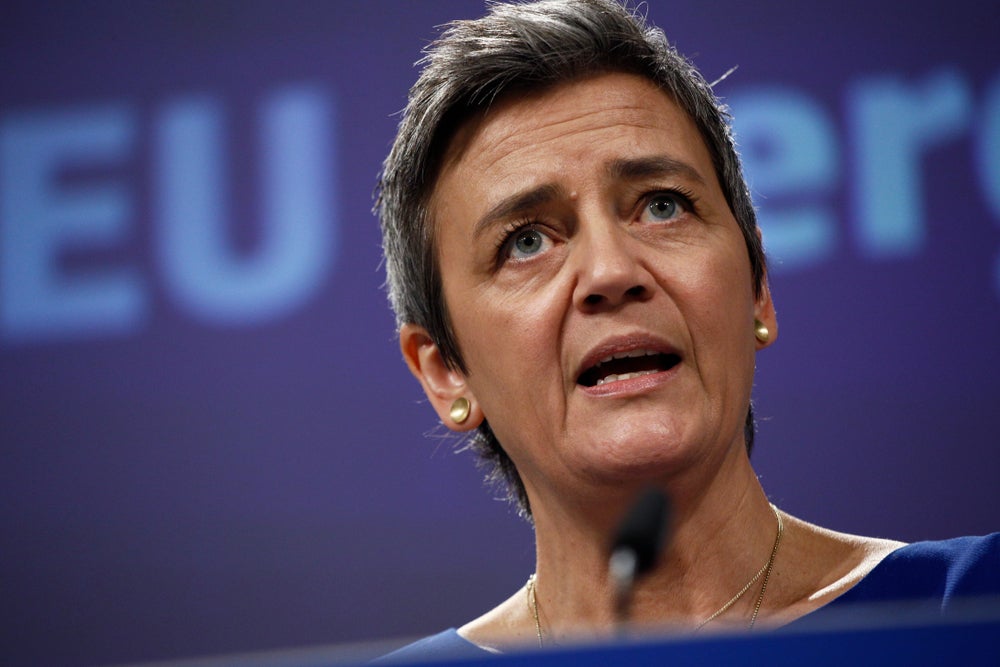
An EU official has claimed the metaverse is not currently in need of any legislation, as interest in the concept continues to falter and generative artificial intelligence (AI) continues to take the tech world by storm.
EU Commissioner for Competition Margrethe Vestager told reporters on July 6 that the technology has not triggered any concerns, nor does it need any legislation to reign it in.
Vestager said that she will be presenting an initiative next week that looks to help competition regulators understand the way the industry is laid out, Reuters reported.
The EU antitrust chief claimed that she saw no competition concerns in the metaverse space right now, claiming the EU sees “a lot of innovation when it comes to virtual worlds”.
“I don’t think that any company can claim that they will own it, so to speak, but that is what we hope to find out,” she told reporters on the sidelines of a conference.
GlobalData defines the metaverse as a virtual world where users share experiences and interact in real time within simulated scenarios.
How well do you really know your competitors?
Access the most comprehensive Company Profiles on the market, powered by GlobalData. Save hours of research. Gain competitive edge.

Thank you!
Your download email will arrive shortly
Not ready to buy yet? Download a free sample
We are confident about the unique quality of our Company Profiles. However, we want you to make the most beneficial decision for your business, so we offer a free sample that you can download by submitting the below form
By GlobalData“It has the potential to be the next mega-theme in digital media, as it may entirely transform how people work, shop, interact, and consume content,” the research firm said.
The news comes as investment in virtual reality (VR) and augmented reality (AR), two major components of the metaverse, plummeted in 2022.
According to research firm GlobalData, investment in VR and AR totalled $5.8bn in 2022, a substantial fall from $18.9bn in 2021.
Investment in VR and AR has been growing steadily over the past decade.
In 2012, investment in the technologies totalled just $223m, growing to a whopping $7.7bn by 2018.







